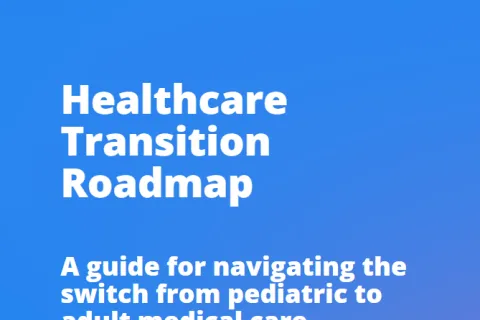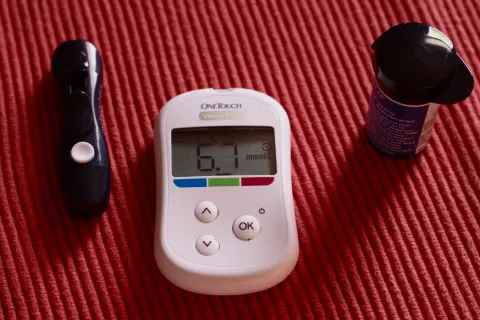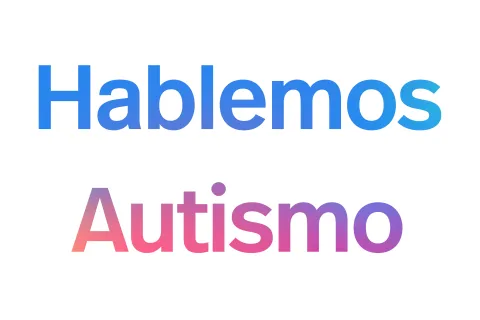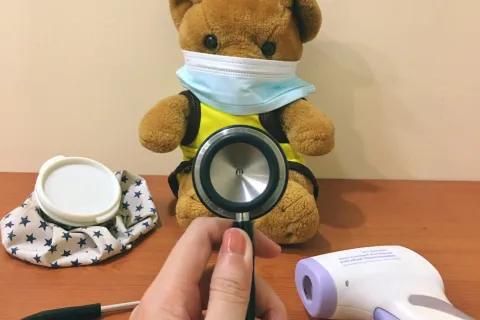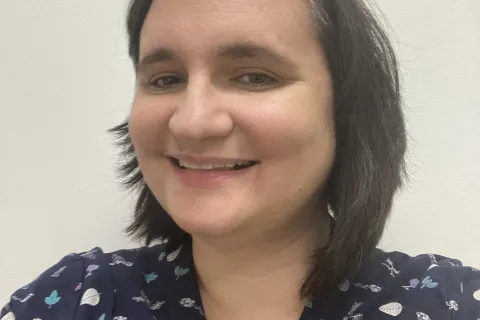Expert Q&A: Explaining the conditions that accompany autism
By Amanda Bennett Palladino, MD, MPHAmanda Bennett Palladino is a developmental and behavioral pediatrician at the Children’s Hospital of Philadelphia and director of the Autism Speaks Autism Care Network site in Philadelphia.
Common conditions that accompany autism with support and resources to those coping with co-occurring conditions
Many autistic people experience other medical, behavioral or mental health disorders that can create challenges and affect their quality of life. Often, these co-occurring conditions can make it difficult to get an accurate diagnosis and manage overlapping symptoms.
What are the most common conditions that accompany autism?
Medically, children with autism can present with increased rates of gastrointestinal (GI) symptoms, including constipation, loose stools and feeding issues. A very high percentage of children also have problems with sleep, which can include difficulty falling asleep, difficulty staying asleep, waking very early in the morning or having very particular sleep routines that are difficult to maintain. A higher percentage of people with autism develop seizures.
Behaviorally, autistic individuals have higher rates of anxiety, depression, ADHD and irritability than those in the general population.
Are there any differences in the prevalence of co-occurring conditions across the lifespan?
There is definitely a need for more research on how symptoms may change over time for autistic youth and young adults. While some co-occurring conditions may wane over time, particularly if there are behavioral components, such as sleep or feeding issues, others may persist and require management into adulthood. The same is often true for behavioral health symptoms, which are often managed with behavioral therapy and occasionally with medications. If seizures occur, they tend to present most often in the toddler/early preschool years and again during puberty.
How can co-occurring conditions complicate an autism diagnosis?
Sometimes, co-occurring medical or behavioral symptoms may make it difficult to recognize the autism symptom, particularly if a child has other medical conditions or severe symptoms that impact health and development in other ways (for example, severe feeding disorder due to prematurity or complex medical needs).
Completing the medical assessments that may be needed, such as laboratory tests for nutritional concerns or electroencephalograms (EEGs) for seizures, may also be more difficult because of communication deficits or behavioral difficulties associated with ASD. Some autistic patients may have difficulty communicating their symptoms or health needs with their care team because of their social communication challenges.
Co-occurring conditions can significantly affect quality of life for some autistic individuals, particularly if they have difficulty accessing quality medical and/or behavioral healthcare when it is needed.
How can people with autism and their families seek effective interventions in the presence of multiple co-occurring conditions?
It’s always great when a family has access to a healthcare network that includes an autism center with multiple subspecialty partners, but that is not necessarily available to everyone depending on where they live. I think the number one priority is to find a primary care provider that the family can trust and who is either experienced with ASD or willing to learn about ASD. Depending on what co-occurring symptoms the autistic person is experiencing, they may also need to partner with other specialists who can help address specific medical or behavioral health needs.
There are a number of resources available online that families can access directly and/or share with their care team. I frequently refer families to the Autism Speaks website to access the free Tool Kits that are designed to support families in addressing some of the most common co-occurring conditions. Families can find resources related to managing constipation in children, having an EEG, understanding feeding behaviors and pica, coping with sleep problems and more.
There are also resources that can help families find specialists in their community who have experience with ASD. The Autism Response Team (ART) at Autism Speaks is one resource that can help connect families to local services. To contact ART, email help@autismspeaks.org or call 1-888-AUTISM2 (1-888-288-4762).
The Center for Autism Research RoadMap at Children’s Hospital of Philadelphia also offers a resource directory organized by zip code and includes medical, behavioral, educational and recreational resources for families.
Lastly, for providers who want to learn more about ASD (or families who want to refer a provider who wants to learn more), I often recommend participating in a virtual teleconsultation program: ECHO Autism. Our site is one of many ECHO Autism teams around the world, and ECHO Autism offers clinicians in a variety of specialty fields the opportunity to ask questions and learn about how to support and care for autistic individuals.
What advice would you give to autistic people coping with co-occurring conditions and their families?
My first advice to anyone who has or loves someone with ASD is to recognize and reach out to the tremendous community of support that exists. I think that may be particularly true in places where there are big academic medical centers that may offer all the specialty care you might need under one roof.
At times, particularly when you are in the midst of dealing with any medical or behavioral health issues, it can feel very lonely and frustrating. Don’t be discouraged! I am constantly inspired by the energetic, enthusiastic, and motivated families and colleagues I have met over my past decade-plus caring for people with autism.
Find local experts and/or advocates, participate in a research study or community advocacy group, find an online community if you can’t find a local one. The resources are there, in one form or another, if you just keep looking.
Related resources:
- Learn how the Autism Care Network is working to reduce ADHD, anxiety and irritability among autistic youth
- View a full list of all Autism Speaks Tool Kits
- Learn more about the conditions that commonly accompany autism


